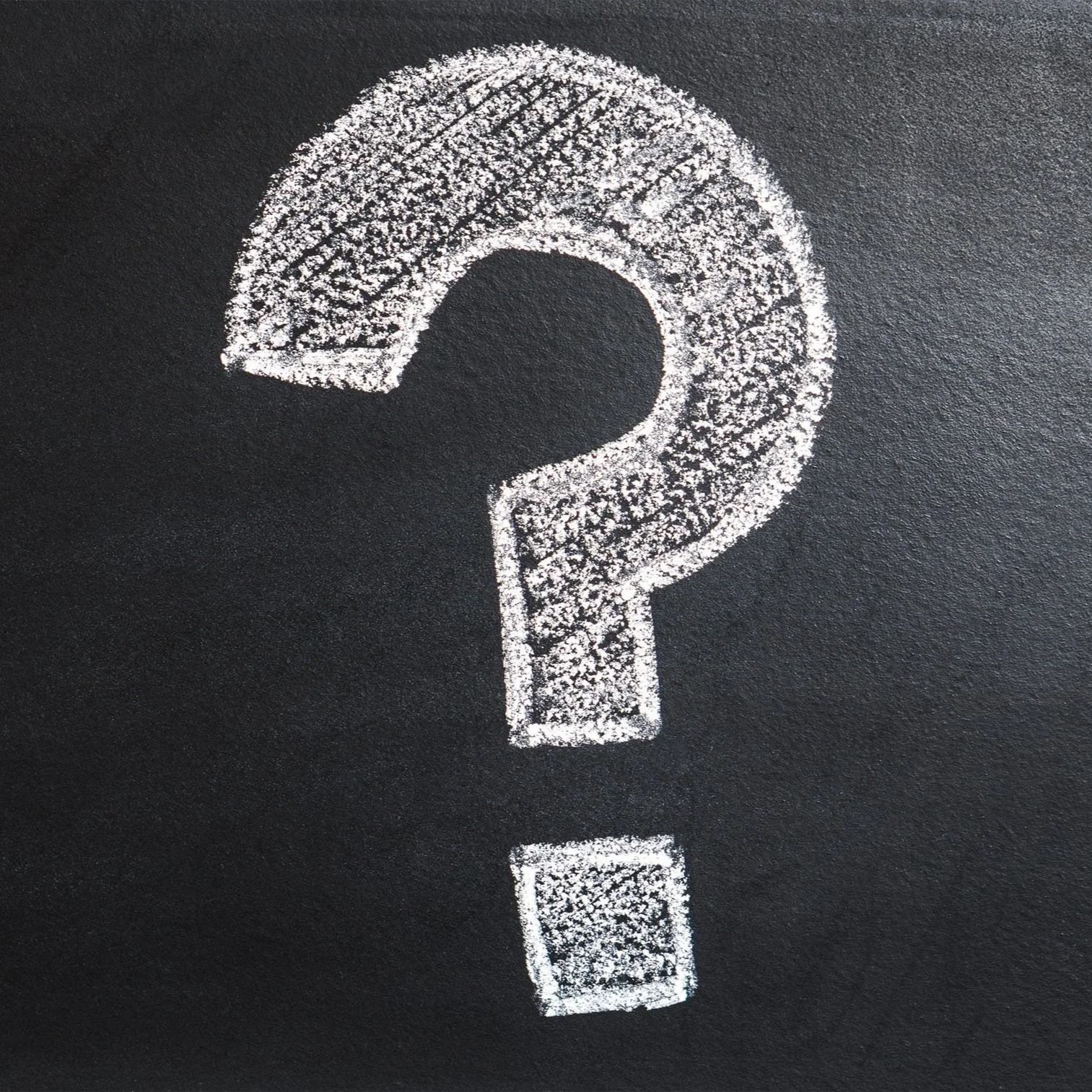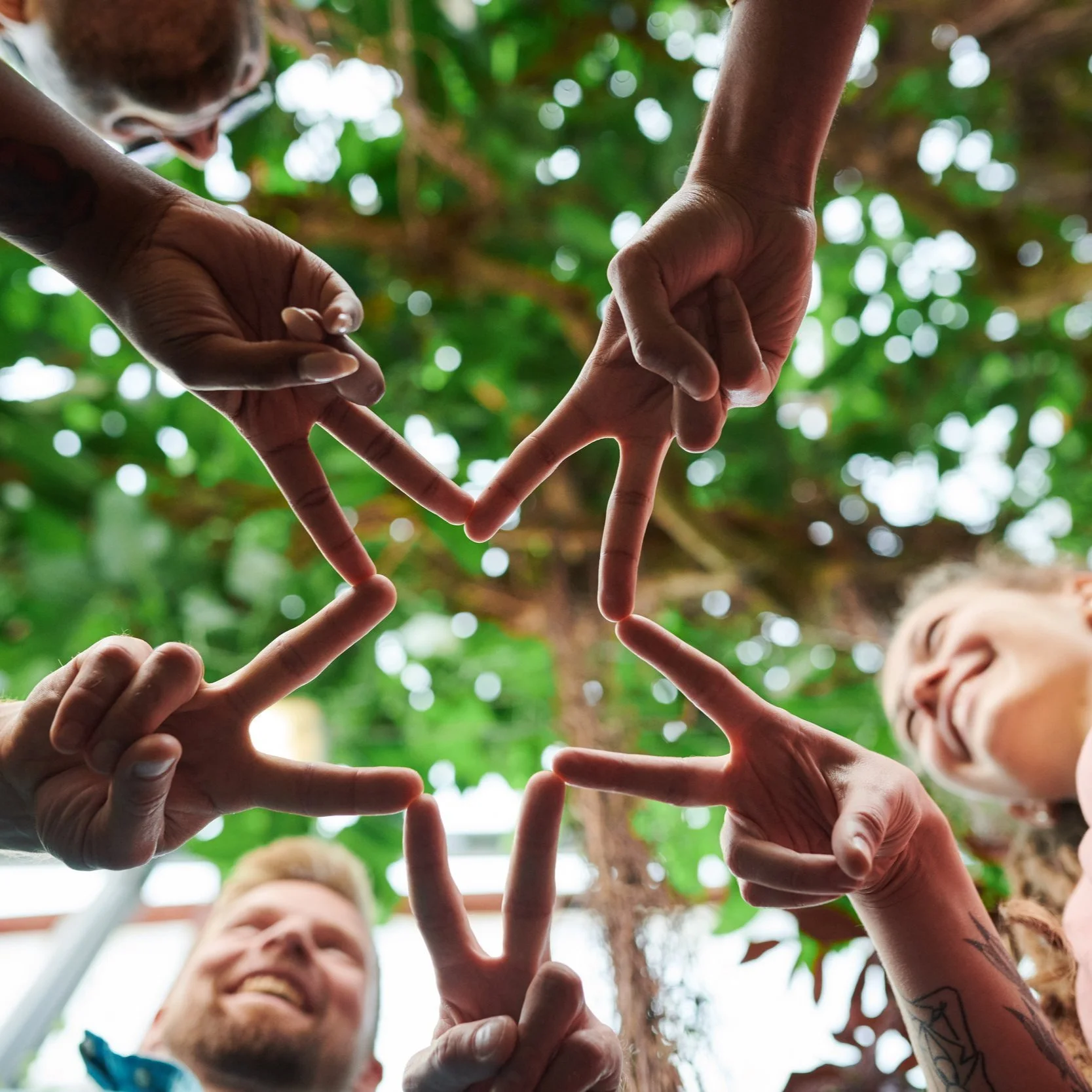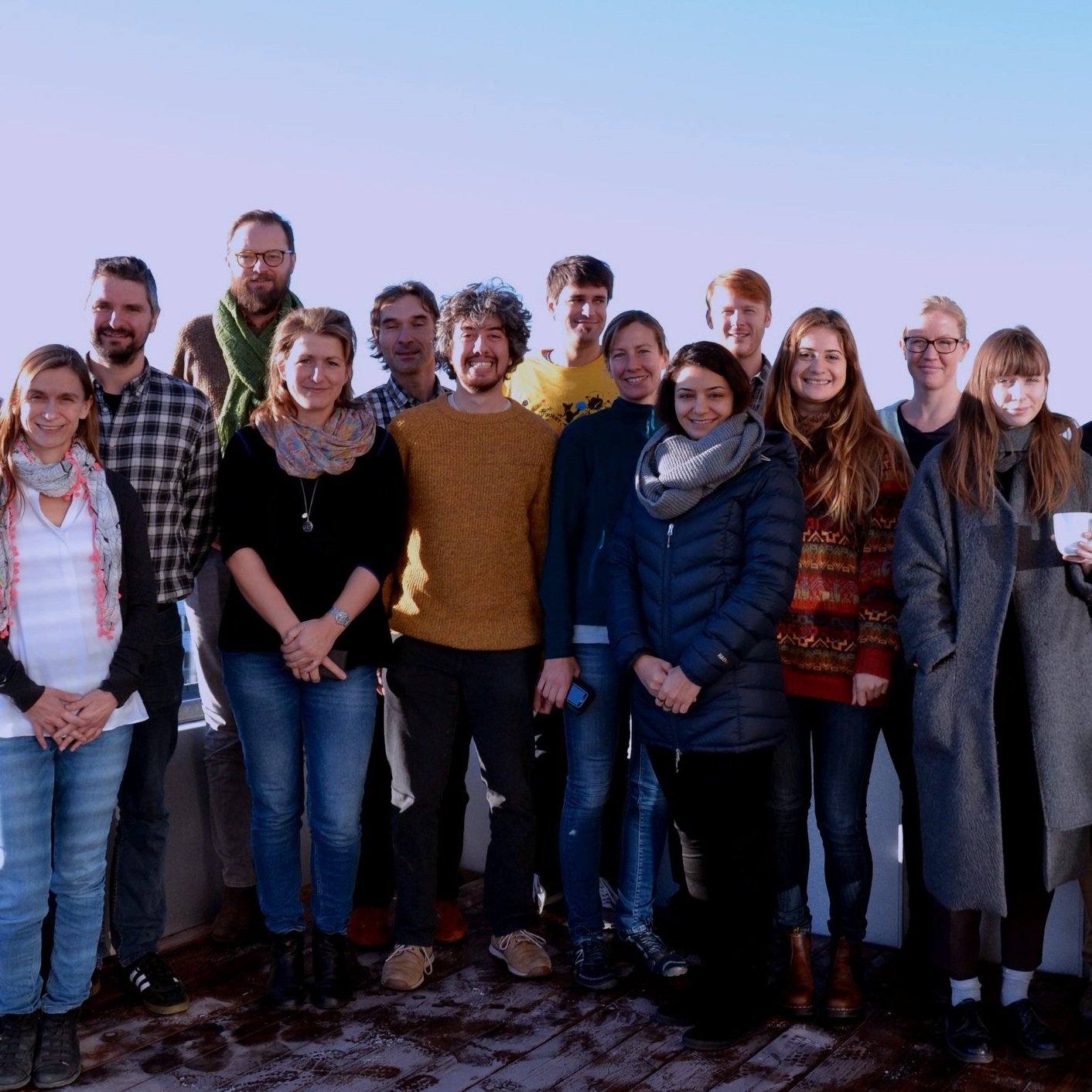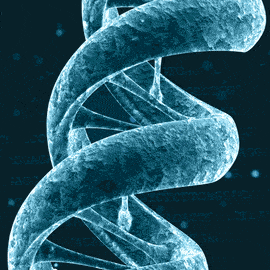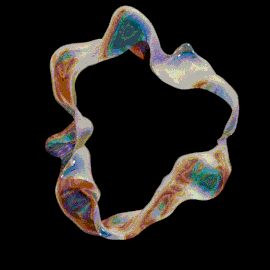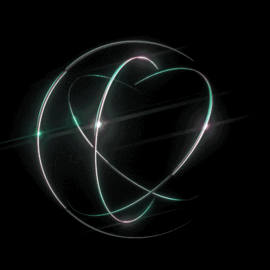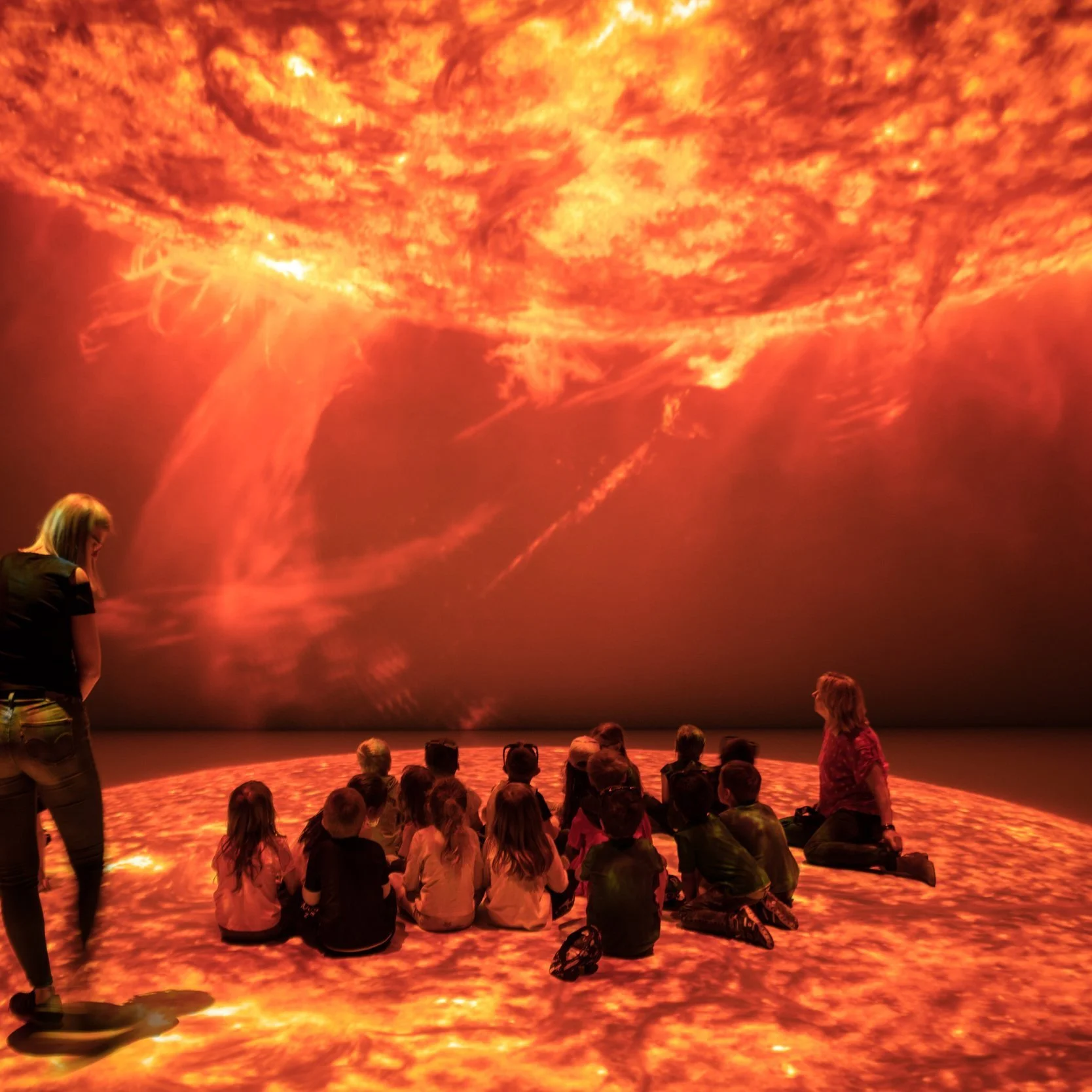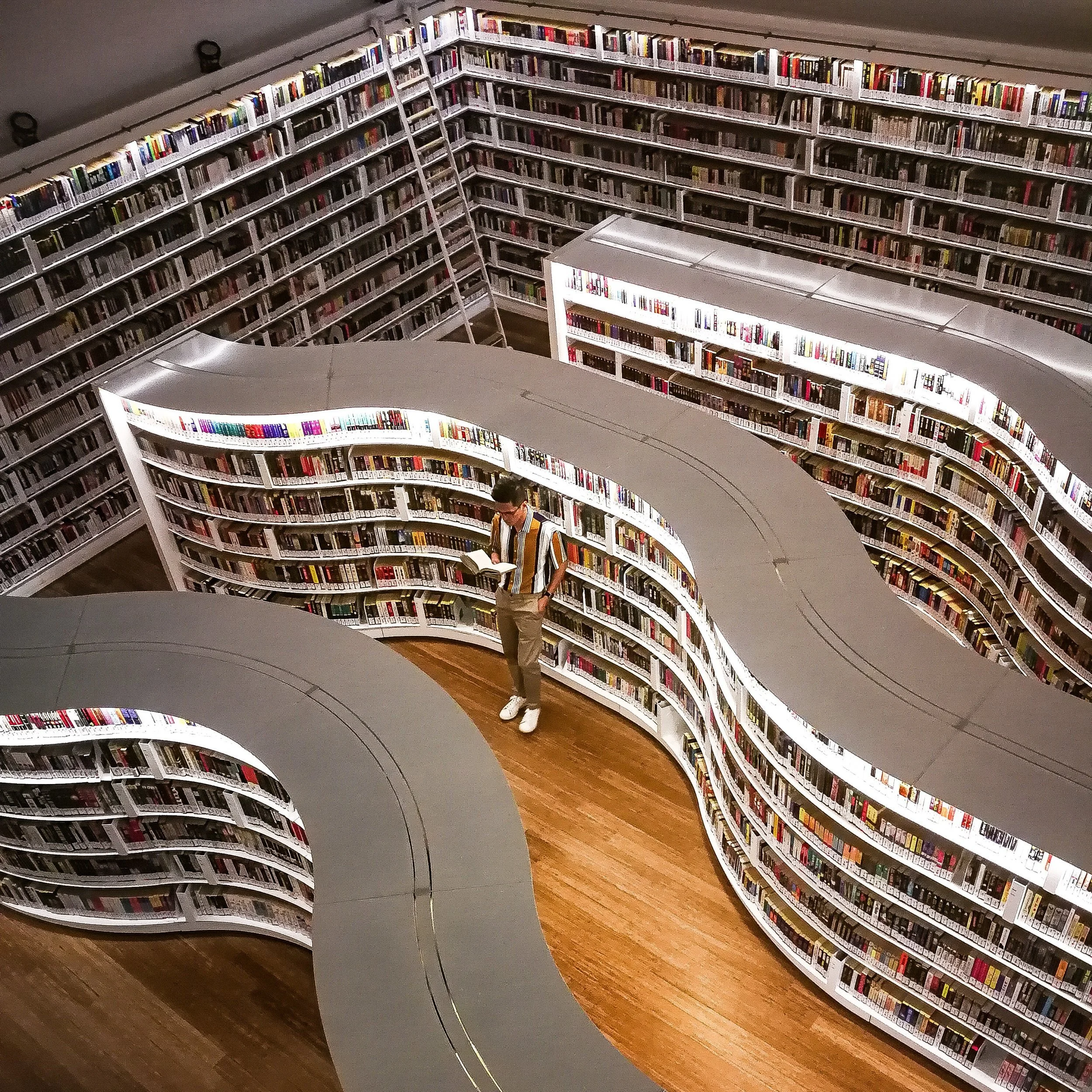The workshop will involve introductory lectures on x-ray fluorescence imaging, followed by discussion in groups on how to plan and execute the perfect experiment. This is aimed at researchers who are interested in this exciting method, but have little or no experience with X-ray Fluorescence imaging. One of the outcome aims of the workshop will be to establish further LINXS-based projects on x-ray fluorescence imaging.
Relevant disciplines:
This type of imaging is very widely applicable to identify chemical species in a broad range of types of samples and sizes, in particular for:
Biology, Geology, Life Science, Materials Science, Nanoscience & Soft Matter
Program
Morning session
09:00 Chris Jacobsen “Introduction to XRF”
10:00 David Paterson “State of the art facilities”
10:30 Coffee break
11:00 Ulf Johansson, Karina Thånell, Kajsa Sigfridsson-Clauss “Introduction to the relevant beamlines at MAX IV”
12:00 Jörg Schwenke “How to apply for beamtime here & elsewhere”
12:10 Lina Gefors “Sample preparation labs at LU”
12:30 Lunch
Afternoon session:
13:30 Group discussions, including (but not limited to):
- How to prepare samples for XRF
- Optimisation for resolution, contrast, sensitivity
- Imaging in 2D and 3D
- Sample environments (cryo, in-situ)
- Measurement parameters and scan times
- Radiation damage?
- Data analysis
15:00 Coffee break
15:30 Group discussions (cont’d)
17:00 End of workshop


